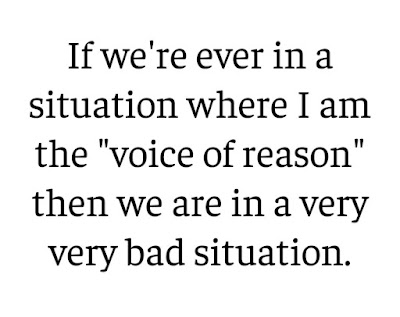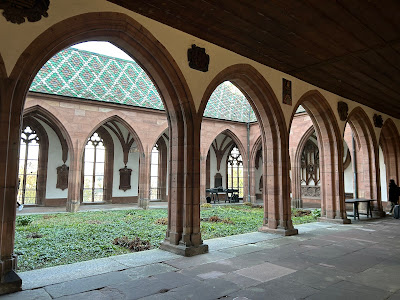02 December 20XX+1
My Dear Lucilius:
Walking between houses today, interacting with our small community and checking in on the harvesting operations (which somehow seems more palatable to me than “looting”), Young Xerxes - who obviously knows that I continue to write to you – asked me if we were really done.
Done, I questioned. What did he mean by done?
Finished, he replied. Finished as a civilization.
What a remarkable question, I responded. Made even more remarkable, I thought, by the thoughts around Hope we had when we had lit the first Advent candle.
The collapse of civilizations is (sadly) not as well documented as perhaps one would wish, if one were trying to create a template or project management tool with the ability to point “You are here”. At best we have some records of some collapses as written by either those who lived through it or by those who were the “winners” in it. At worst we have a handful of documentary evidence or no documentary evidence at all, just artifacts in the ground that tell a partial story at best.
Civilizations as such have always come and gone in the world, many of them simply subsumed into a new one or disappearing without a trace except for occasional folk customs or stories. The dwellers in Ireland before the coming of the Gaels become the Fir Bolg, the Latin peoples’ that shared the Italian peninsula with Rome became cities and regions with their languages and traditions lost. We know of Mesopotamian cities by name but likely not all of them; Mesoamerica teemed with unknown cities and people groups that even up to The Collapse we were still finding out about.
The collapse of civilizations was a thing of interest in modern times; Edward Gibbons The Decline and Fall of The Roman Empire was a book more acknowledged than read in recent times and even in that, was incomplete – archaeology continued to fill in many holes that were not evident in a world that in many ways predated modern archaeology. Likely most of that modern interest was “How can we help that not happen to us?” rather than a deeper interest in the nature of the collapse of civilizations.
But that, I sighed to myself, was not Young Xerxes’ question. The danger of asking questions of the old, Lucilius, is that they always seek to give all the background up front instead of answering the question at hand first.
Are we done, I responded. Done as in a civilization, or done as in us? The two are not quite the same, although I can understand why people would confuse the issues.
Civilizations, I pointed out, are vast things, built on a multitude of small traditions and habits and large systems and practices. They gain a certain inertia over time that is hard to bring to an immediate halt. And there are individuals and organizations that have a vested interest in ensuring civilizations continue, even if they are detrimental to some or many of their inhabitants.
A civilization is also something of the mind, as suggested by Alasdair MacIntyre in After Virtue, that when people stopped identifying with and trying to build the moral community of Rome and turned instead to building other models of civility and morality, Rome final died – not as a concept, but as a viable civilization. Up to the end of the 6th Century there were still those who called themselves “Roman”; after that, one hears of the idea of Rome but not its practice.
When do civilizations end? When people stop believing in them.
When the underpinnings are no longer taken as fact, when people no longer see themselves as members of that civilization, when the things that made that civilization unique are no longer regarded as worthy of fighting for or maintaining – this is when civilizations die.
We continued walking in silence, icy snow crunching in sync with the shloop of mud and splash of puddles. Finally he asked me if I still believed.
I sighed and let the silence speak for both of us.
Your Obedient Servant, Seneca



















































